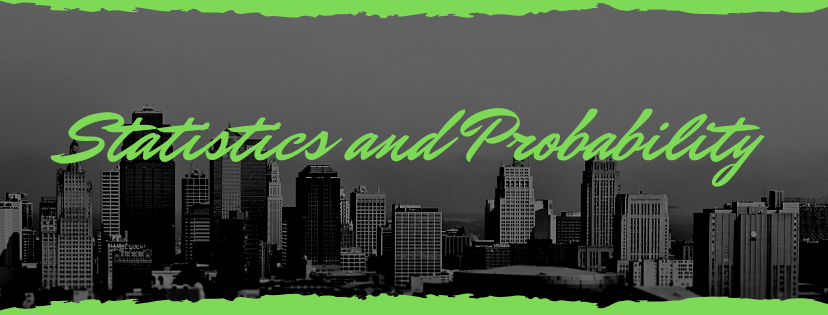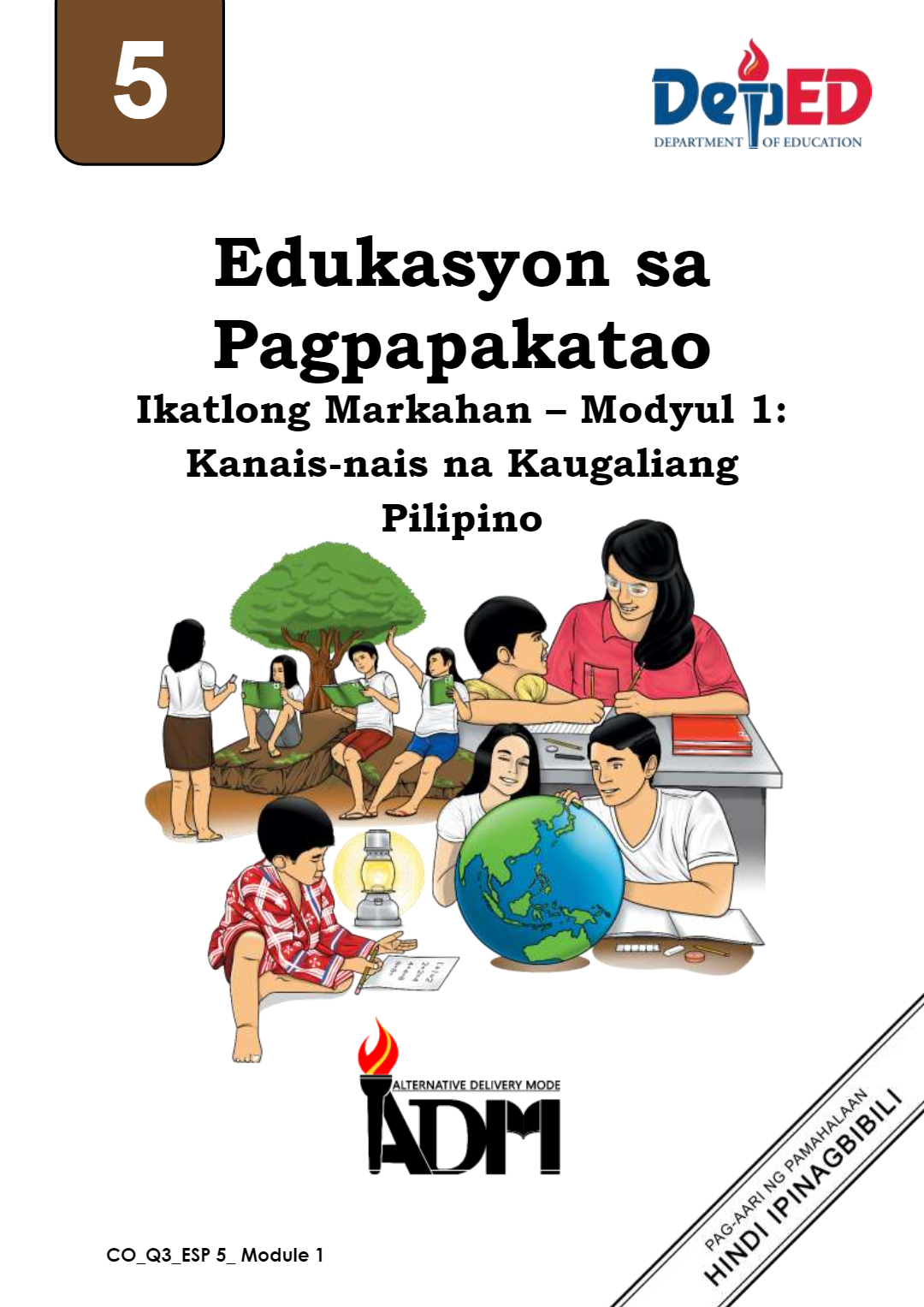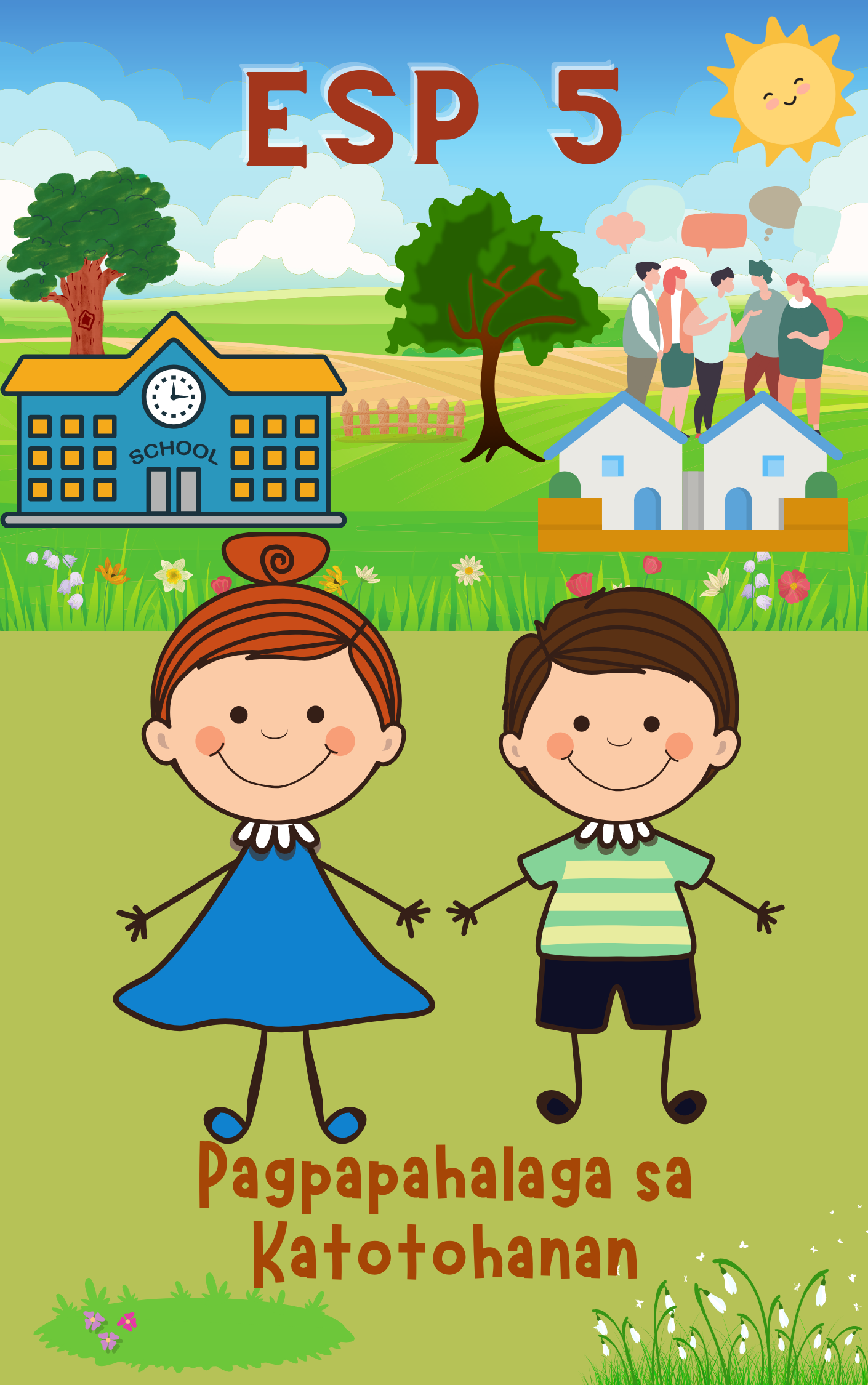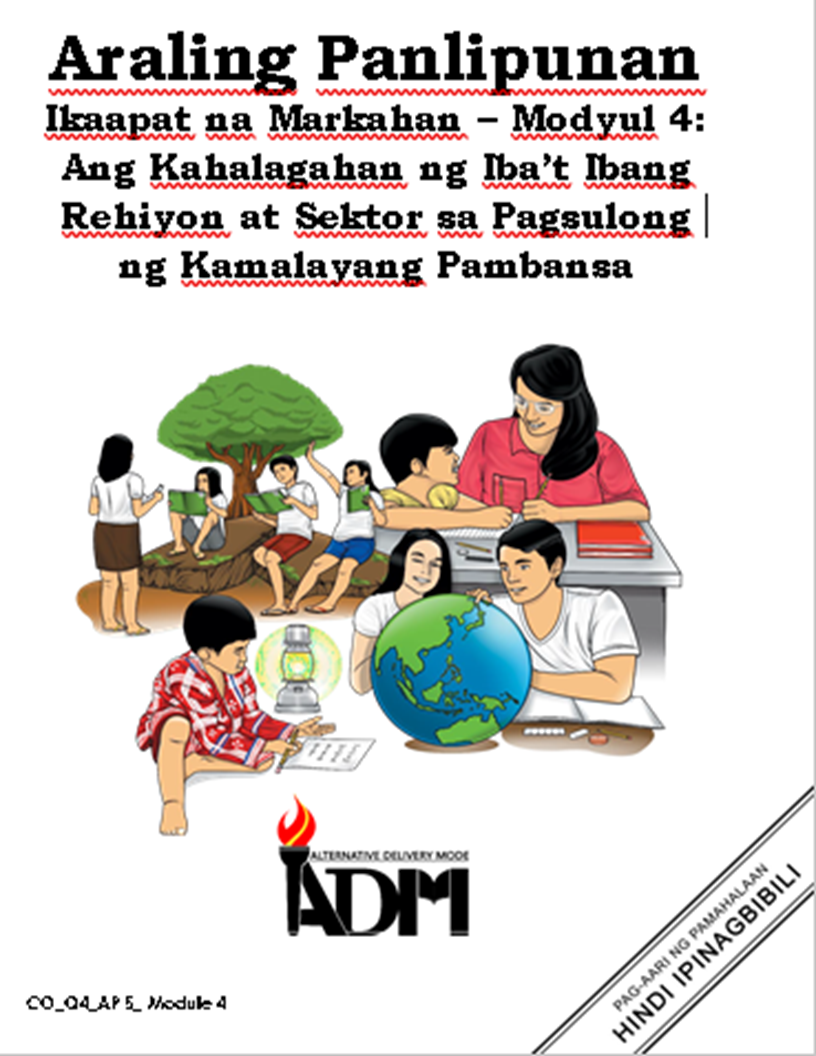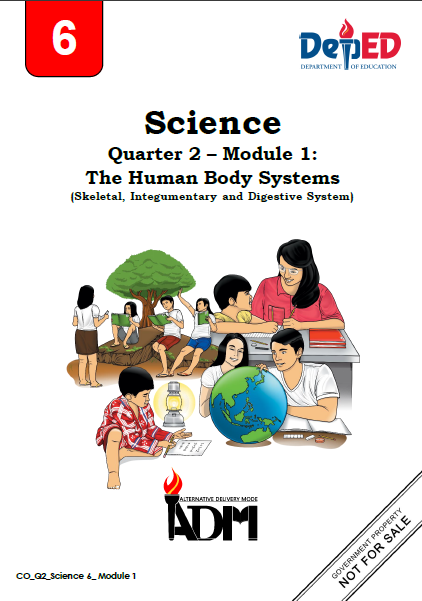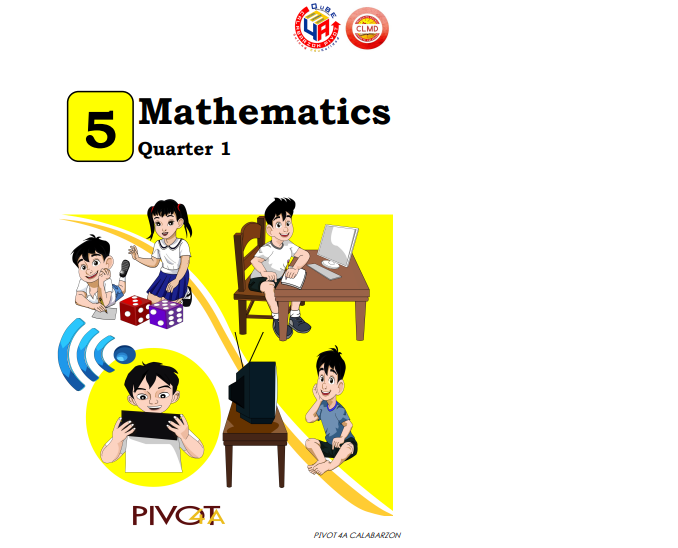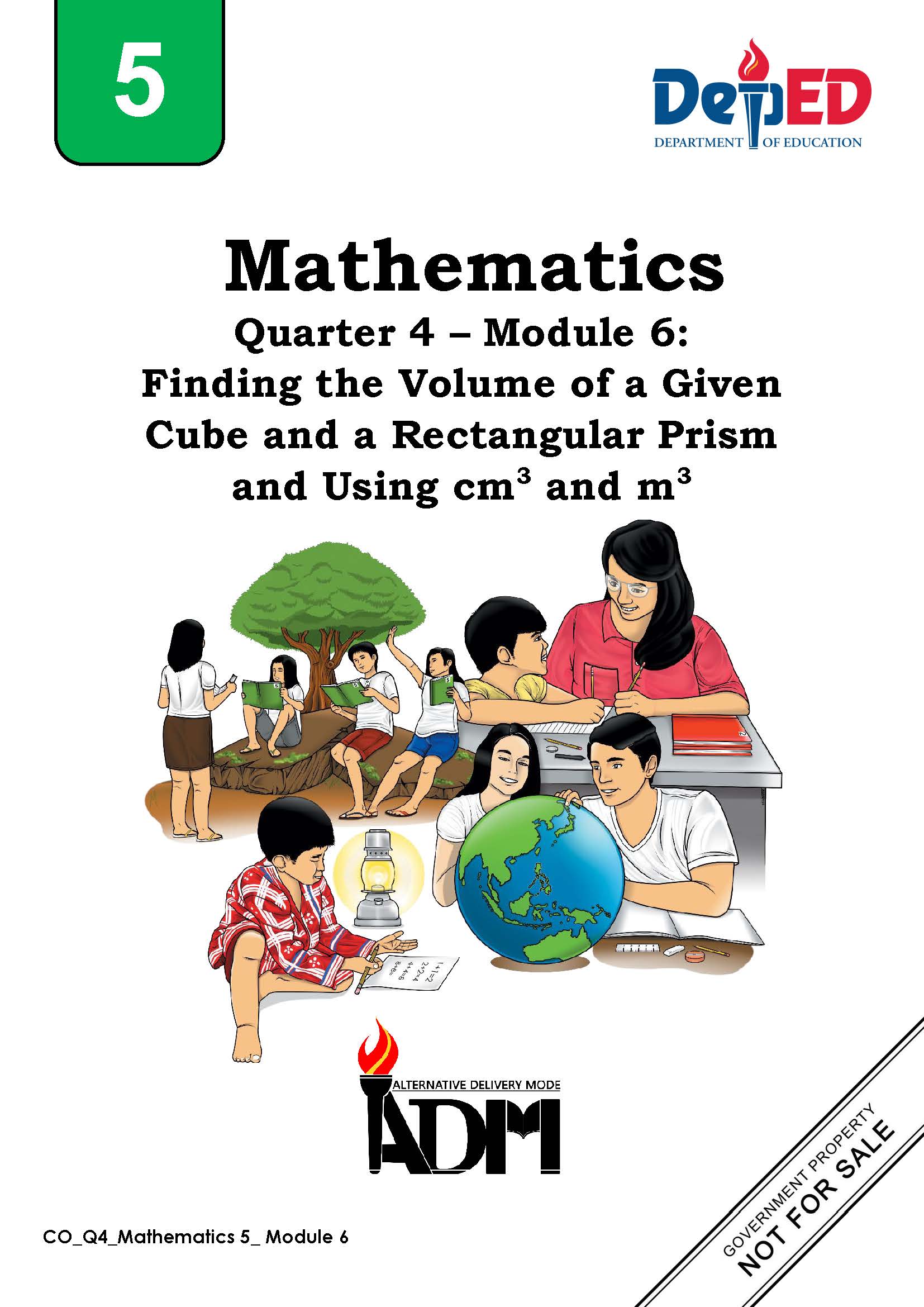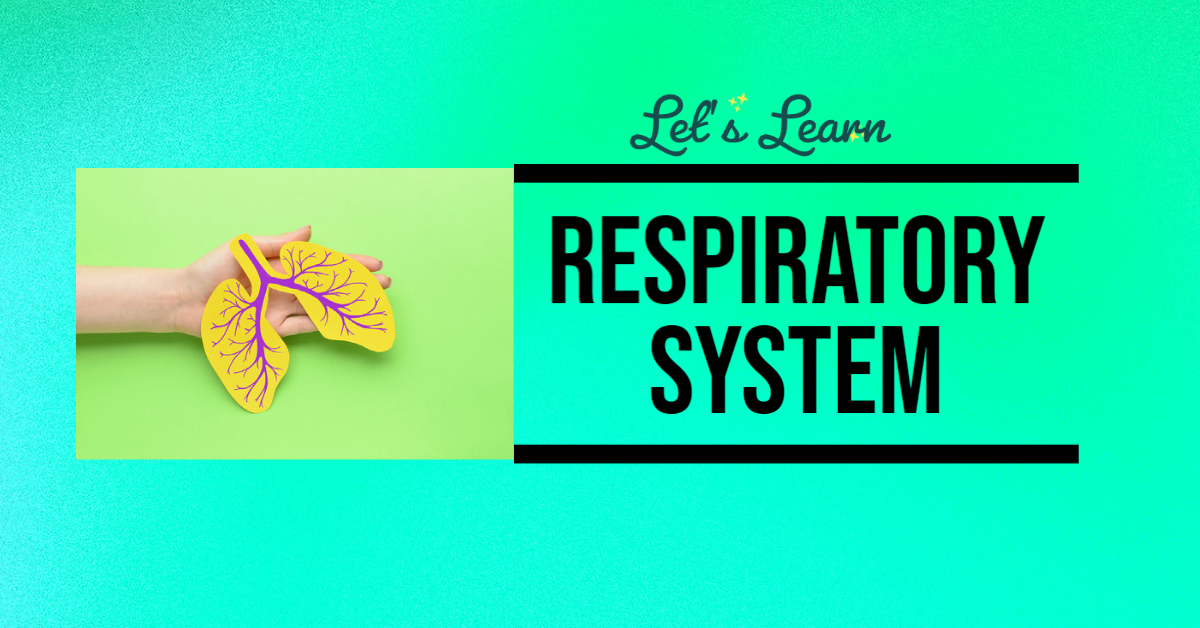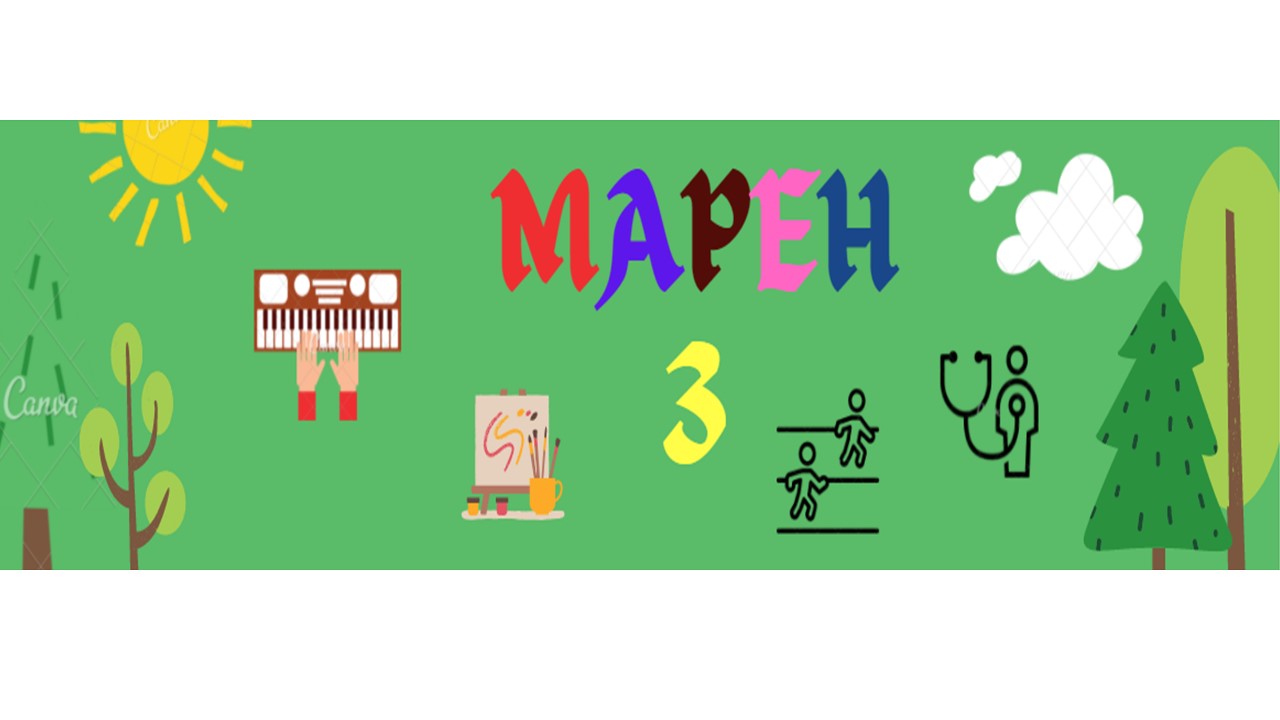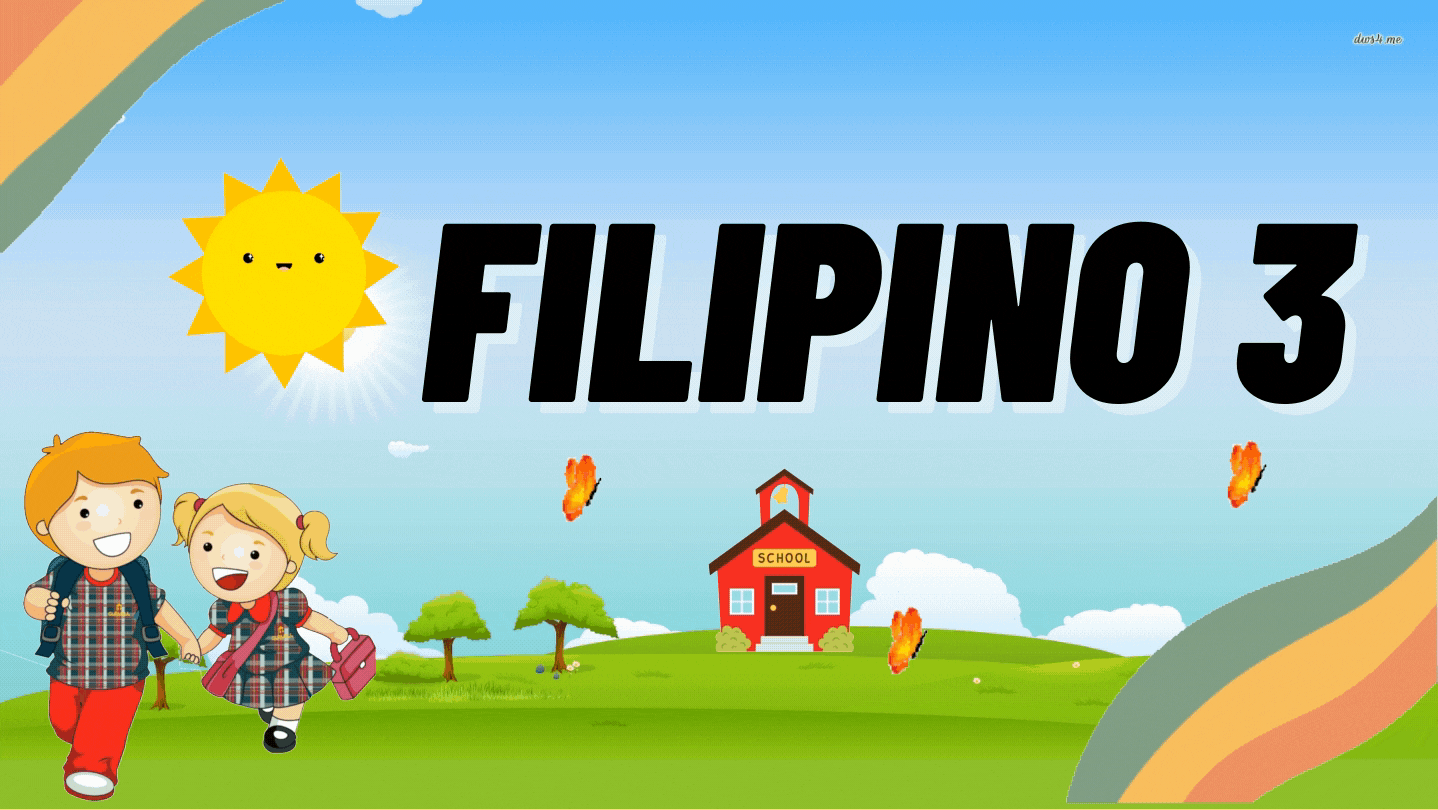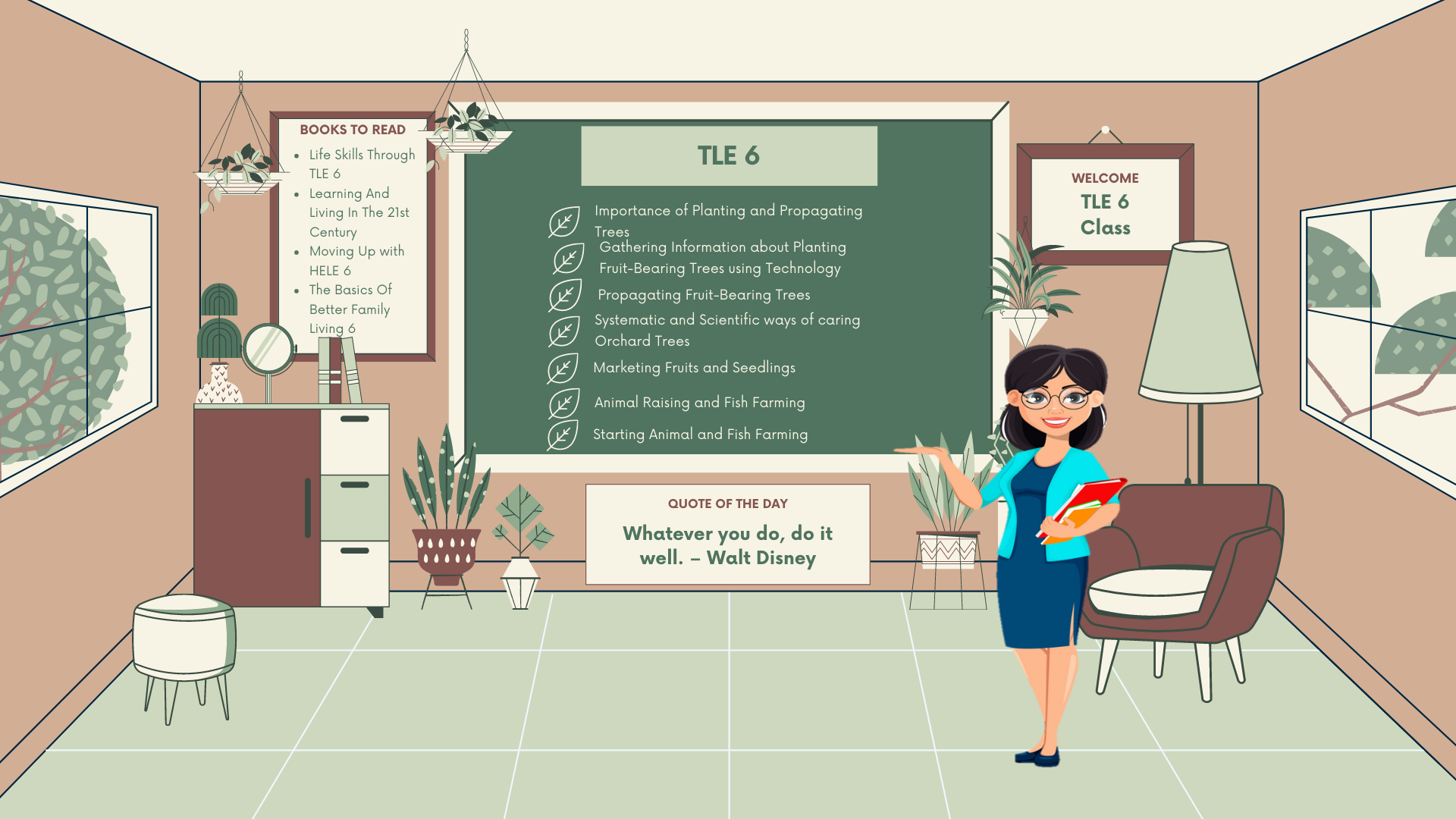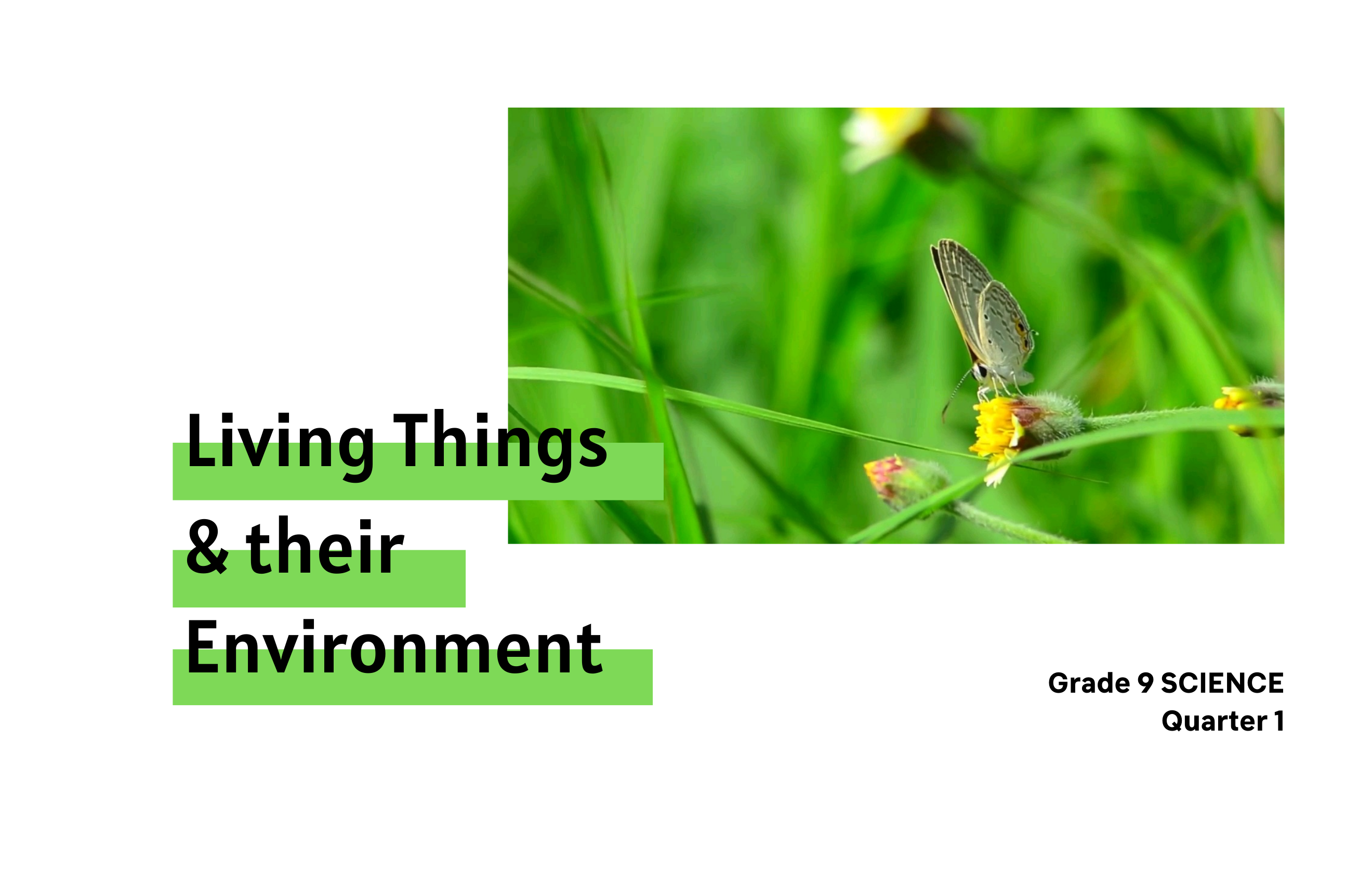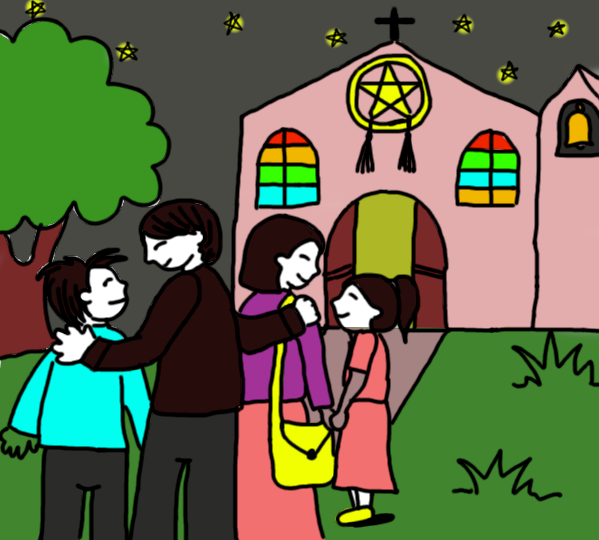Course Description
This course focuses uses insights
from Anthropology, Political Science, and Sociology to develop students’
awareness of cultural, social and political dynamics, and sensitivity to
cultural diversity; provide them with an understanding of how culture, human
agency, society and politics work; and engage them in the examination of the
country’s current human development goals.
Content Standard
Learners demonstrate an understanding about human cultures, human agency, society and politics;
recognize cultural relativism and social inclusiveness to overcome prejudices;
and develop social and cultural competence to guide their interactions with
groups, communities, networks, and institutions.
Performance standard
The learners examine stories that explore cultural, social, and political aspect and
create informative message to the people.
Learning outcomes
This course offers 12 lessons. Lessons
1-6 are intended for midterm while Lessons 7-12 for finals.
By the end of this online course,
learners are expected to have extensive knowledge of the lessons by completing
and completing the following learning tasks:
|
MODULE
1
|
|
Lesson 1
|
Learning
Task/s
|
Learning
Competency
|
|
Nature,
goals and perspectives in/of anthropology, sociology, and political science
|
Forum Sharing
Reflection Paper
|
Discuss the
nature, goals and perspectives in/of anthropology, sociology, and political
science
|
|
Lesson
No. 2
|
|
|
|
Concept,
aspects and changes in/of culture and society
|
Gratitude Flower
|
Analyse the
concept, aspects and changes in/of culture and society
|
|
Lesson
3
|
|
|
|
Importance
of cultural relativism in attaining cultural understanding
|
|
Explain the
importance of cultural relativism in attaining cultural understanding
|
|
Lesson
4
|
|
|
|
Significance
of cultural, social,, and economic symbols and practices
|
|
Analyze the
significance of cultural, social,, and economic symbols and practices
|
|
Lesson
5
|
|
|
|
Socialization
|
|
Explain the
context, content, processes, and consequences of socialization
|
|
Lesson
6
|
|
|
|
Social
organization
|
|
Analyze the
forms and functions of social organization
|
|
Lesson
7
|
|
|
|
State and
non-state institutions
|
|
Explain the
forms and functions of state and non-state institutions
|
|
Lesson
8
|
|
|
|
Education
in the society
|
|
Examine the
functions and importance of Education in the society
|
|
Lesson
9
|
|
|
|
Stratification
systems using sociological perspectives
|
|
Examine the
concept, characteristics and forms of stratification systems using
sociological perspectives
|
|
Lesson
10
|
|
|
|
Government
programs and initiatives in addressing social inequalities
|
|
Explain the
government programs and initiatives in addressing social inequalities e.g
local, national, global
|
|
Lesson
11
|
|
|
|
Social
inequalities
|
|
Suggest
ways to address social inequalities (local, national, global)
|
|
Lesson
12
|
|
|
|
Challenges in
contemporary societies
|
|
Examine
human responses to emerging challenges in contemporary societies
|
